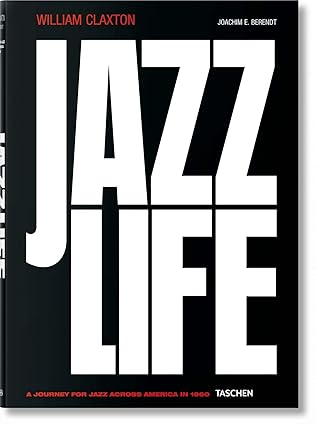Jazz: a word without borders
Few musical genres carry as much cultural weight and as much mystery in their origins as jazz. Its sound is instantly recognizable, yet the story behind its name remains a fascinating puzzle.

Born in New Orleans?
It felt only right to dedicate one of our very first Pizzicato articles to jazz—or better yet, to the word “JAZZ.” And for two reasons: first, because here at the Pizzicato editorial team we truly love words; second, because we’ve listened to a lot of jazz, we know its history and its main figures, yet when it comes to the etymology of the word itself we find ourselves adrift in a sea of ignorance. Historically, we know that jazz emerged between the late 19th and early 20th centuries in New Orleans, a city where African, Caribbean, European, and Creole traditions intertwined. Brass bands played alongside blues singers, and dance halls pulsed with ragtime rhythms. This cultural crossroads gave birth to a new sound, rooted in improvisation, whose foundations were even deeper (but we’ll save that for another article dedicated to history). But while the music has a story of places, names, and events, when it comes to the word jazz itself, certainty begins to vanish. That’s where a different journey begins—a journey made of more speculation than answers, of linguistic legends and contrasting theories—one that takes us away from New Orleans and into the uncertain terrain of language.
A word with uncertain roots
If the musical birth of jazz has relatively clear coordinates, the origin of the word itself is far more elusive. The etymology of jazz is slippery ground, where historians, linguists, and enthusiasts have often contradicted each other. Some claim the word first appeared as slang among baseball players in the early 1910s, while others connect it to African-American vernacular. Some trace it back to the Creole jaser—French for “to chatter”—while others see a link with the slang term jasm, meaning energy, vigor, spirit. To us, both theories feel plausible: after all, jazz itself is a musical conversation, a dialogue of call and response. What is certain is that by around 1915 the word jazz was already appearing in the names of bands and even on early recordings. A clear sign that, despite its uncertain origins, it had already carved out a place in the collective imagination. So the term jazz was born in a haze of ambiguity, oscillating between sports slang, African-American vernacular, and Creole words. And maybe it’s exactly that ambiguity that makes it special: a young, fresh word, ready to shift its meaning depending on the context. And so, from a simple slang expression, the word quickly grew into something much larger: the name of a new, revolutionary art form.
From slang to cultural icon
What began as nothing more than slang for something fresh, exciting, and full of energy soon became the official name of a music that was changing the world. The word jazz traveled with the musicians, moving up the Mississippi, reaching Chicago, then New York, and eventually sweeping across Europe. With every new context, it gained a broader meaning: no longer just a street word, but a symbol of modernity, freedom, and irresistible rhythm. Jazz was not only a musical genre anymore—it had become a way of living, of thinking, of experiencing time itself. And what we especially want to underline here is that today the word jazz holds an entire world within it: scents, colors, atmospheres, chords with sophisticated harmonies, and complex rhythms that give us very precise vibes. It’s the place where we get lost in the search for ourselves. And perhaps that is its most fascinating secret: jazz is a free word, just like the music it belongs to.
A name as free as the music
In light of all this, we at Pizzicato cannot offer a definitive etymological meaning for the word jazz. Much like the genre itself and the musicians who have shaped it over time with their own unique languages, the word jazz shifts, adapts, and transforms along with the culture of the era to which it belongs. It defies laws and prejudices, questions traditions and identities, even helping to redefine humanity itself. Jazz remains a free space, beyond time and place: like a liquid, it takes the shape of whatever container holds it, without ever losing its essence. And that is why the word jazz will forever remain difficult to define—just like the music it represents.
Share the jazz vibe. Every click connects hearts.
Immerse Yourself in the Story of Jazz, One Page at a Time. And Support my Work
Published on: August 17, 2025
This article has been read 163 times.





Comments
Drop your line, feel the groove, and join the rhythm!
Login to leave a comment.